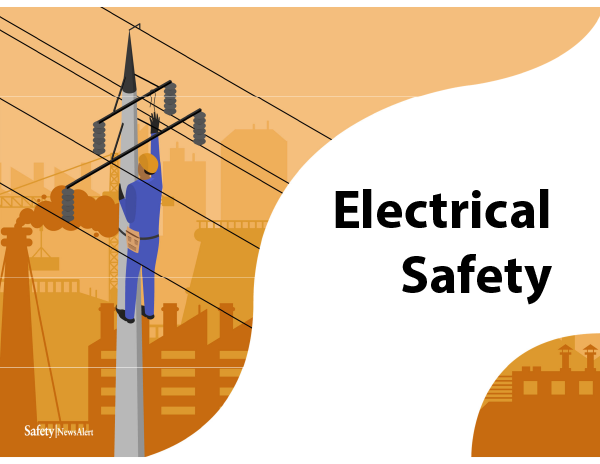If you’re looking to have security in regards to safety in the electrical field, it’s recommended to hire a professional to perform an inspection.
An electrical safety certificate is an evidence that ensures all issues in your home are identified and fixed before they cause damage or injury. There is no legal requirement that requires the installation of electrical devices to be independent checked unless it is being installed again, or has been substantially moved or altered or a certification to operate was denied.
In all other circumstances the building regulations require the equipment to be checked by an experienced person who is not an electrician, but they must be aware of what they are doing.
An electrical safety inspection usually involves testing the equipment to ensure that it complies with building regulations, the IEE Wiring Regulations and any instructions of the manufacturer. Risks of fire include the use of excessive electrical cables, overload sockets, and defective equipment.

The certificate also covers equipment that is connected to the installation, for example, kettles, heaters, or immersion heaters. They are therefore safe to use.
An experienced professional will conduct an electrical test. He will offer suggestions on how to deal with any issues prior to causing injury or damage.
You may have the right to have an inspection of your electrical safety if you rent your home.
Electrical safety tips to be aware of during home renovations
Experts at the university recommend homeowners to take these steps while renovating.
1. Don’t disconnect the switch that controls the main circuit or isolated circuit breaker when the person is using power from another location in the home. This applies to appliances connected to outlets controlled by the wall switch.
2. After shutting off a circuit breaker, wait for the power indication to go out before working on the wiring.
3. You can shut off an isolated circuit breaker if someone is using it. Before you start working with the wires connected to the circuit breaker, be sure that the main switch is turned off.
4. Be careful making use of an extension cord to supply power. Utilize the shortest length of cord you can and make sure it isn’t overloading. If you are using a longer cord, be sure that it is approved by the UL for high-wattage appliances.
5. Be cautious when working with older wiring equipment, particularly three-way switches. These devices have not been used for many years. If not properly installed they could pose a risk of shock or electrocution.
6. Use only electrical fixtures tested to meet Australian standards, for example the ones manufactured by Schneider Electric, Wylex or HPM.
7. Keep lighted candles clear of combustible substances. Additionally, do not leave candles alone.
8. Wear rubber-soled shoes, remain on a level surface, and avoid using frayed extension cords. Never cut off the cord of an old appliance , then plug it into a new one unless they are both of the same voltage ratings.
If you want to learn more, click electrical safety certificate
